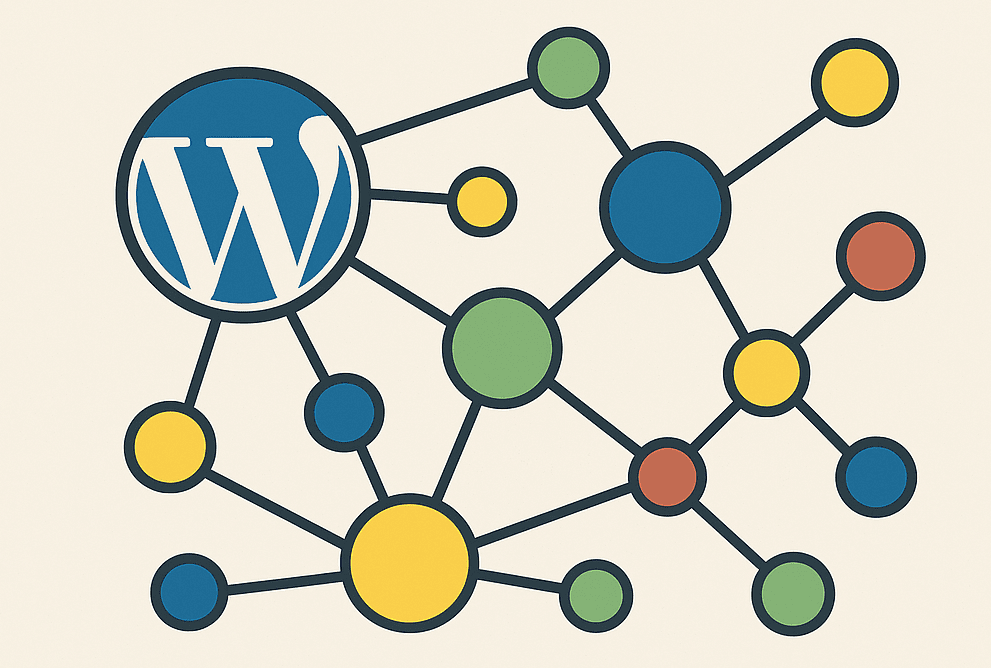
I’m proud to be a member of the WordPress community. I’d like to think I’ve been a part of it since I started using WordPress a over ten years ago.
That said, there’s an idea I’d like to explore. WordPress isn’t a community.
Communities are funny things
For a large period of my childhood, I was part of a boarding school, where I spent most of my days (excepting weekends, when I went home). Here, very often we were encouraged to be “part of the community”. The school had very strict rules, we were not allowed to visit the city, only 1 hour per week (Wednesdays, between 15:00 and 16:00). Now as you can probably imagine, youngsters at a very conservative school become pretty cynical. Of course, the ironic part is that most of what we were cynical about was how we were regularly encouraged to be “a part of the community”.
Since me and my friends sat in the back of the class and were not eager to join in the community meetings organized in the school (hard to believe I did that, right?) we weren’t considered a part of the school community. We were looked down on for not “fitting” into the community.
But they were wrong. We were a part of the school community. It was just that the community was so large, it wasn’t a single community.
The WordPress communities
WordPress, as a community, is much larger than my college was. It’s much larger than anyone’s college will ever be. And oftentimes we fall into the same trap, of thinking we are a single community.
WordPress isn’t a community. It’s too large for that. WordPress is many communities. It’s possible, rather it’s likely, that I’m a part of a WordPress community that isn’t the particular community that you’re in.
What communities? The beginner crowd. The freelancing community. The core development community. Theme and Plugin communities. The GPL community. The non-GPL community (yes, that’s one too). I would say WPBay is a community as well, though there are plenty of WordPress folks who aren’t a part of it.
Phrases like “in the community” or “part of the community” or “for the community” are sometimes used to ostracize people who don’t fit into a certain community. But in this large WordPress universe, we have to be more careful throwing around restrictive statements about who can be a part of the WordPress community. What flows for one of the WordPress communities might not flow for another.
Counteractive measures
There’s already a great thing in place to counteract the fragmenting of communities: WordCamps. WordCamps pull together all sorts of WordPress folks that wouldn’t otherwise meet one another. This is a good thing, and helps to promote general unity amongst the different communities (most of the time).
What else can be done to help unify the communities? What WordPress communities are you a part of (besides the WPBay community, of course!)?
